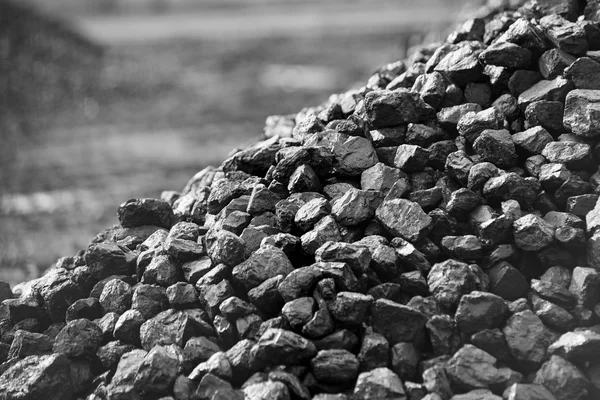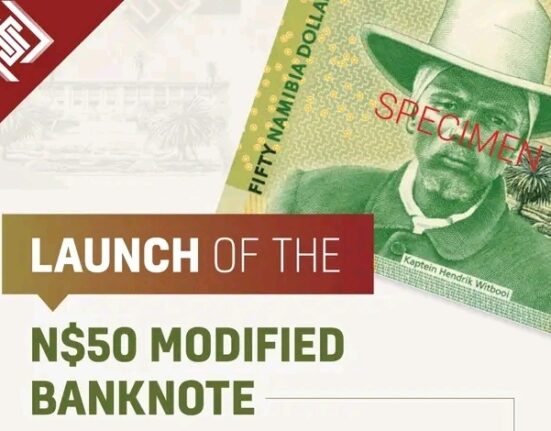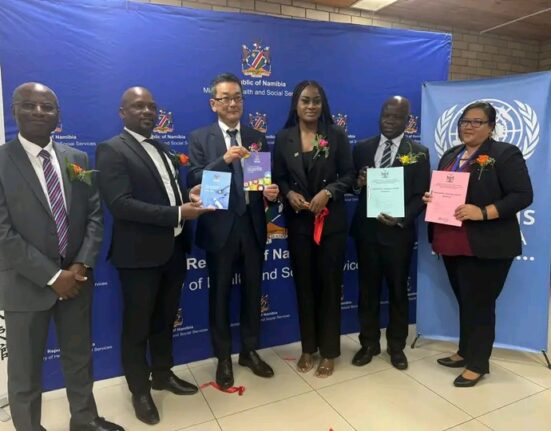Namibia has emerged as a leading player in the global charcoal industry, solidifying its reputation as Africa’s top exporter of high-quality charcoal. The country’s rich natural resources, sustainable production practices, and favorable export policies have combined to make Namibia a preferred source for premium charcoal. In this article, we explore the factors that contribute to Namibia’s dominance in the charcoal market and how the country has become a major player in the global export industry.
1. The Charcoal Industry in Namibia: A Quick Overview
Namibia is strategically located in Southern Africa, where its semi-arid climate and vast savannah landscapes are ideal for the growth of certain tree species that are essential for charcoal production. The country has a long history of charcoal production, with the industry becoming a significant contributor to Namibia’s economy over the years. In fact, Namibia ranks as one of the largest exporters of charcoal in Africa, exporting to markets in Europe, the United States, the Middle East, and Asia.
2. High-Quality Raw Materials: The Backbone of Namibia’s Charcoal Production
Namibia’s success in charcoal exportation can be largely attributed to the quality of its raw materials. The country’s abundant natural forests, especially those rich in indigenous wood species like Acacia, Commiphora, and Boscia, provide the foundation for its high-quality charcoal. These hardwoods are prized for their ability to produce a dense, long-lasting charcoal with superior burn qualities, making Namibian charcoal a sought-after product globally.
Additionally, Namibia’s commitment to sustainable forestry practices ensures that its charcoal production does not deplete the environment. Strict regulations are in place to ensure that only deadwood and invasive species are harvested, preserving the natural ecosystem and supporting the long-term viability of the industry.
3. Sustainable and Eco-Friendly Charcoal Production Methods
One of the main reasons Namibia has become Africa’s top exporter of high-quality charcoal is the country’s focus on sustainable production practices. Namibian charcoal producers adhere to internationally recognized sustainability standards, which ensure that their operations are both environmentally friendly and economically viable.
The country has adopted methods such as “carbonization,” which allows for the efficient transformation of wood into charcoal while minimizing the release of harmful emissions. Charcoal producers in Namibia also utilize energy-efficient kilns and retorts, which significantly reduce the environmental impact of the production process.
Furthermore, Namibia’s charcoal industry has embraced social responsibility by supporting local communities through job creation and training. This not only benefits the economy but also improves the welfare of those involved in the industry, particularly in rural areas where charcoal production is a vital source of income.
4. Export Infrastructure and Trade Agreements
Namibia’s strong export infrastructure plays a crucial role in the country’s success as a top exporter of high-quality charcoal. The country has well-established export routes, with major ports such as Walvis Bay serving as key hubs for international shipments. The port’s strategic location along the Atlantic Ocean provides Namibia with direct access to global markets, particularly in Europe and the Middle East.
In addition, Namibia benefits from several trade agreements that enhance its competitiveness in the international market. For example, the country is a member of the Southern African Development Community (SADC) and the African Continental Free Trade Area (AfCFTA), which facilitate smoother trade between African nations and the rest of the world.
5. High Demand for Namibian Charcoal in Global Markets
Namibian charcoal has garnered a strong reputation for its superior quality, which makes it highly sought after in various international markets. The demand for high-quality charcoal is particularly high in Europe, where consumers prefer natural and eco-friendly products for grilling and barbecuing. Additionally, Namibian charcoal is gaining popularity in the Middle East, where it is used for traditional cooking and recreational activities.
The rise in demand for sustainable and environmentally friendly products has further boosted Namibia’s standing in the global charcoal market. With increasing consumer awareness about the importance of eco-conscious sourcing, Namibian charcoal, produced under sustainable guidelines, stands out as a top choice for environmentally aware consumers.
6. The Role of Local Charcoal Producers and Entrepreneurs
Namibia’s thriving charcoal industry is also driven by a network of local producers and entrepreneurs who have built a reputation for quality and innovation. Many of these producers have invested in advanced production techniques, research, and development to improve the efficiency and quality of their charcoal.
Furthermore, small and medium-sized enterprises (SMEs) play a key role in the sector’s growth. These businesses contribute to the diversification of the charcoal industry, introducing new products such as premium lump charcoal, briquettes, and compressed charcoal products. By focusing on niche markets and adding value to their offerings, these SMEs have helped establish Namibia as a global leader in the charcoal trade.
7. Economic Benefits and Job Creation
The charcoal industry is a major contributor to Namibia’s economy, providing employment to thousands of people across the country. From harvesting and production to transportation and marketing, the sector generates significant economic activity. Many rural communities rely on charcoal production as a primary source of income, and the industry helps support local economies by providing jobs and fostering entrepreneurship.
Moreover, the export of high-quality charcoal brings valuable foreign currency into the country, which strengthens Namibia’s position in the global marketplace. The growth of the charcoal sector has also spurred the development of related industries, including transportation, packaging, and logistics, further enhancing Namibia’s economic development.
8. Challenges and Opportunities in the Charcoal Industry
While Namibia’s charcoal industry has seen remarkable growth, it is not without its challenges. The impact of climate change on forest resources, fluctuating global demand, and competition from other charcoal-producing countries present ongoing obstacles for Namibian producers.
However, there are significant opportunities to address these challenges through continued investment in research and development, improved carbon offset programs, and the adoption of advanced technologies that promote sustainability and efficiency. Furthermore, expanding access to new markets and diversifying product offerings can help ensure that Namibia maintains its position as a leading exporter of high-quality charcoal.
9. The Future of Charcoal Production in Namibia
The future of Namibia’s charcoal industry looks promising, with continued investments in sustainable practices, technological advancements, and expanding international demand. As more consumers and businesses prioritize environmentally responsible products, Namibia is well-positioned to capitalize on its strong reputation as a producer of high-quality, eco-friendly charcoal.
By maintaining its commitment to sustainability, fostering innovation, and supporting local communities, Namibia is likely to remain Africa’s top exporter of high-quality charcoal for years to come.
Namibia’s rise to the top of Africa’s charcoal export industry is no accident. Through a combination of rich natural resources, sustainable production practices, favorable trade policies, and high global demand, Namibia has positioned itself as a trusted supplier of premium charcoal. As the global appetite for eco-friendly products grows, Namibia’s charcoal industry will continue to thrive, contributing to the country’s economic prosperity and strengthening its position on the world stage.













